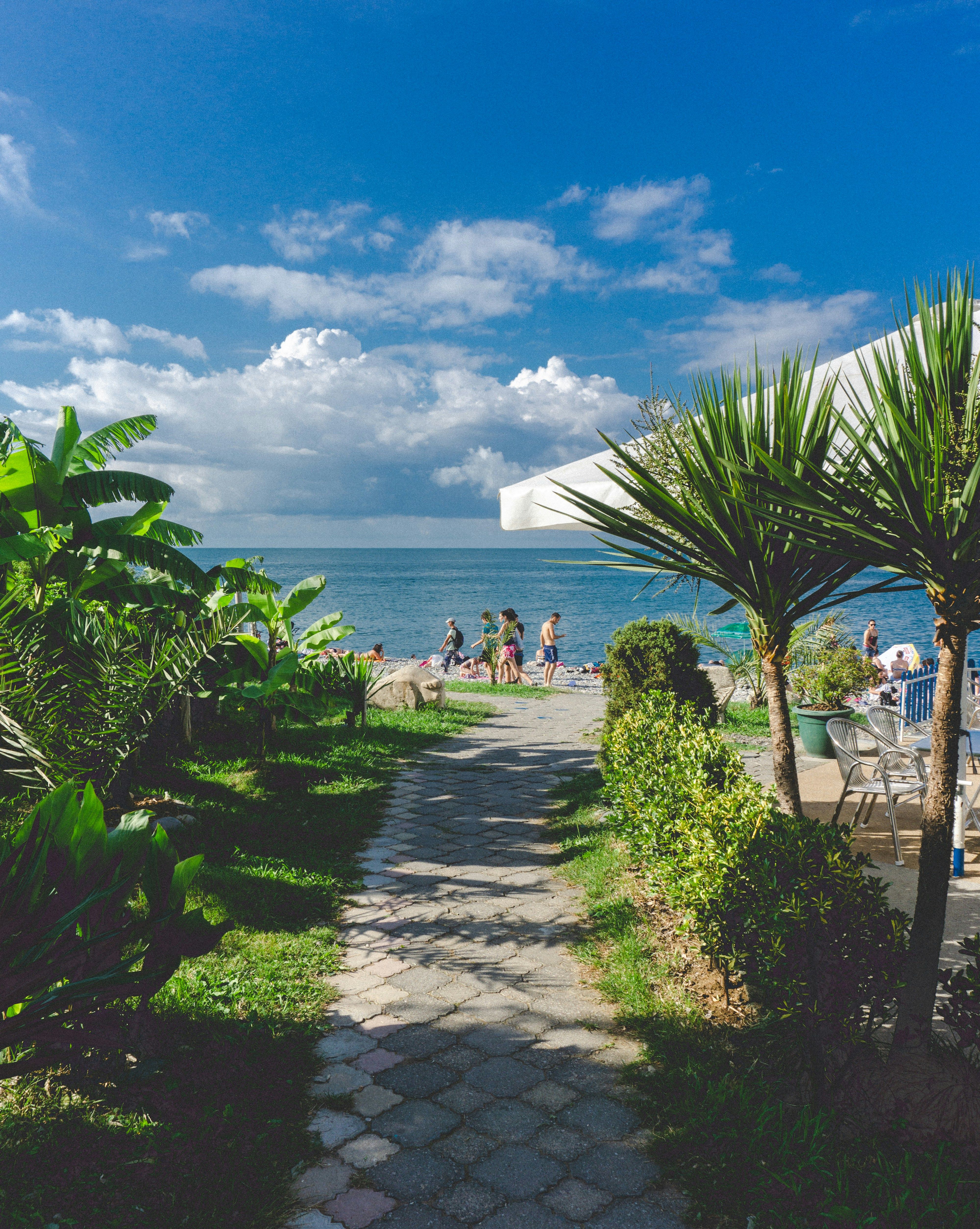Maintaining cognitive health: Adopting Mediterranean diet and active lifestyle promotes potential protection
Investigating the Synergistic Effect of a Mediterranean Diet and Walking on Dementia and Cognitive Decline
Researchers from Australia, New Zealand, and the United Kingdom are currently conducting a study to assess whether a combined intervention of a Mediterranean diet and regular walking can reduce the risk of cognitive decline and dementias, including Alzheimer's. Coined as the "MedWalk" intervention, the study aims to confirm the benefits observed separately in prior research for both food and exercise on brain health.
The COVID-19 pandemic has interrupted the study, but the authors have published their methodology and ongoing analysis in the Journal of Alzheimer's Disease. Originally designed to assess cognitive improvements over a 2-year period, the study timeline has been adjusted due to unforeseen events. Instead, the authors aim to examine the effects of the intervention in a single year.
The principal outcome the researchers are focused on is a 12-month change in visual memory and learning skills for participants. Beyond that, the study will observe the combined effect of the MedWalk intervention on a range of other factors, such as mood, quality of life, health costs, cardiovascular health, arterial stiffness, and additional biomarkers associated with cognitive decline, like glucose regulation, inflammation, nutrients, and oxidative stress.
Research participants are 60 to 90-year-olds from South Australia and Victoria, with some also recruited from independent living retirement communities due to the pandemic. Including participants from various backgrounds is necessary, as the study aims to ensure broad applicability.
The MedWalk intervention involves a combination of a modified Mediterranean diet and a supervised walking regimen, supplemented with psychosocial behavioral change techniques. During the initial 6 months, participants receive intensive support to adapt to the diet and walking routine. Additional assistance remains available for the subsequent 6 months.
The researchers provide educational resources to help participants understand the principles of a Mediterranean diet and its benefits. Special attention is given to providing free extra-virgin olive oil and other foods essential to the diet. Participants began with an assessment of their baseline aerobic fitness and now participate in group walking sessions during the first 6 months. Monthly group sessions are scheduled for the remaining period.
Previous research has linked the Mediterranean diet and regular walking to improved brain health. While the study is ongoing, certified nutritionist Conner Middelmann, not affiliated with the research, suggests that adhering to the Mediterranean diet may be associated with a lower risk of dementia. Taking 10,000 steps per day has been found to lower dementia risk by up to 50%.
Brain health coach Ryan Glatt from the Pacific Neuroscience Institute asserts that walking may improve cognitive function through increased brain blood flow, enhanced brain activity, and reduced stress levels. The study's completion is scheduled for the end of 2023. The findings, if positive, could provide valuable insights into dementia and Alzheimer's prevention strategies.
- The MedWalk intervention is being studied by researchers for its potential to reduce the risk of cognitive decline and dementias, including Alzheimer's, through a combination of a Mediterranean diet and regular walking.
- The authors of the MedWalk study are focusing on a 12-month change in visual memory and learning skills for participants, while also observing the combined effects on mood, quality of life, health costs, cardiovascular health, arterial stiffness, and other biomarkers associated with cognitive decline.
- Participants in the study are aged between 60 and 90, and some are from independent living retirement communities, ensuring broad applicability of the study's findings.
- The MedWalk intervention involves a modified Mediterranean diet, supervised walking, and psychosocial behavioral change techniques, with intensive support provided during the first 6 months and ongoing assistance available for the following 6 months.
- Educational resources are provided to help participants understand the benefits of the Mediterranean diet, and free extra-virgin olive oil and essential foods are included. Participants are assessed for their baseline aerobic fitness, and group walking sessions are scheduled for the first 6 months, with monthly group sessions for the remaining period.
- Preliminary research suggests that adhering to a Mediterranean diet may lower the risk of dementia, and taking 10,000 steps per day could potentially reduce dementia risk by up to 50%. Walking may improve cognitive function by increasing brain blood flow, enhancing brain activity, and reducing stress levels, making it a crucial aspect of fitness and exercise for mental health and overall health-and-wellness.







